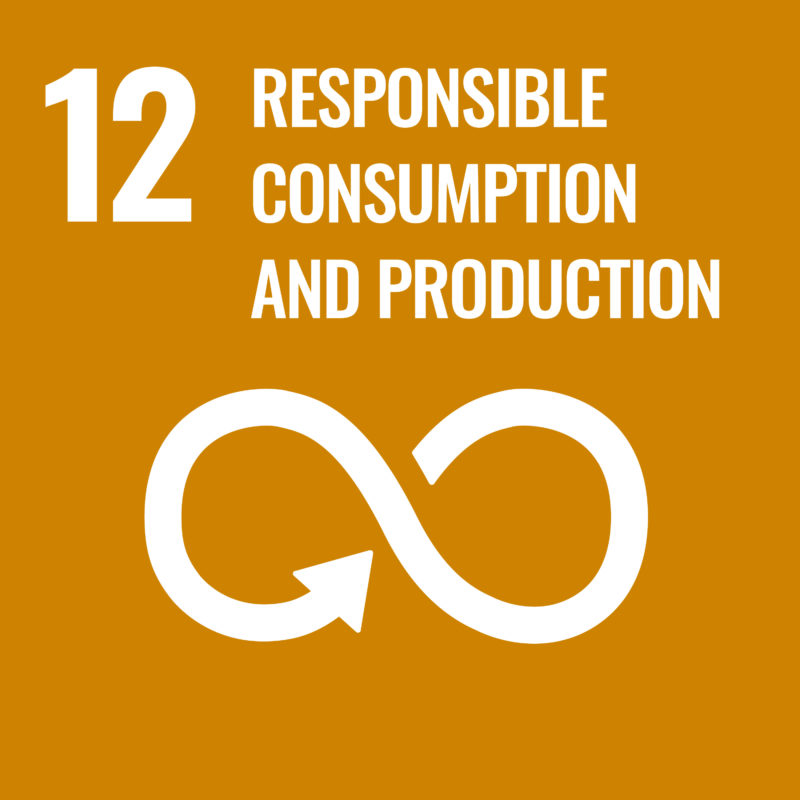
To celebrate the 17 days of competition at the Olympic Games Tokyo 2020, each day we will celebrate the power of sport and its influence in relation to each of the 17 Sustainable Development Goals (SDGs).
Today is dedicated to Goal 12: The official wording of SDG 12 is “To ensure sustainable consumption and production patterns”. SDG 12 is meant to ensure good use of resources, improving energy efficiency, sustainable infrastructure, and providing access to basic services, green and decent jobs and ensuring a better quality of life for all. SDG 12 has 11 targets to be achieved by at least 2030 and progress toward the targets is measured using 13 indicators.
The 11 targets of the goal are: implement the 10‑Year Framework of Programs on Sustainable Consumption and Production Patterns; achieve the sustainable management and efficient use of natural resources; reducing by half the per capita global food waste at the retail and consumer levels and the reduction of food losses along production and supply chains, including post-harvest losses; achieving the environmentally sound management of chemicals and all wastes throughout their life cycle; reducing waste generation through prevention, reduction, recycling and reuse; encourage companies to adopt sustainable practices; promote public procurement practices that are sustainable; and ensure that people everywhere have the relevant information and awareness for sustainable development. The three “means of achieving” targets are: support developing countries to strengthen their scientific and technological capacity; develop and implement tools to monitor sustainable development impacts; and remove market distortions, like fossil fuel subsidies, that encourage wasteful consumption.
- Sport can promote sustainable consumption and production through education and awareness raising campaigns. The popularity and outreach of sport offer opportunities for awareness raising and information sharing, including sustainable development and nature friendly lifestyles. Messages and awareness raising campaigns concerning sustainable consumption and production can be disseminated through sport products, services and events.
- The incorporation of sustainability standards in the production and provision of sport products can contribute to sustainable consumption and production patterns, also involving other industries.
- With regard to natural resources, their sustainable management and efficient use can be enhanced in sport contexts. Sport-based activities involving natural resources, such as outdoor sport, can be platforms to promote the responsible use of natural resources.
- Sport can encourage sustainable tourism and lifestyles as well as sustainable tourism products and services for instance in host cities of sport events. Sport can educate tourists on ways to minimize their travel footprint and promote eco-mobility for example when attending
- sport events. It can build capacities in tourism and engage relevant stakeholders in sustainable practices which report their impacts on the environment.
Click here for a list of examples of how sport addresses the SDG 12


